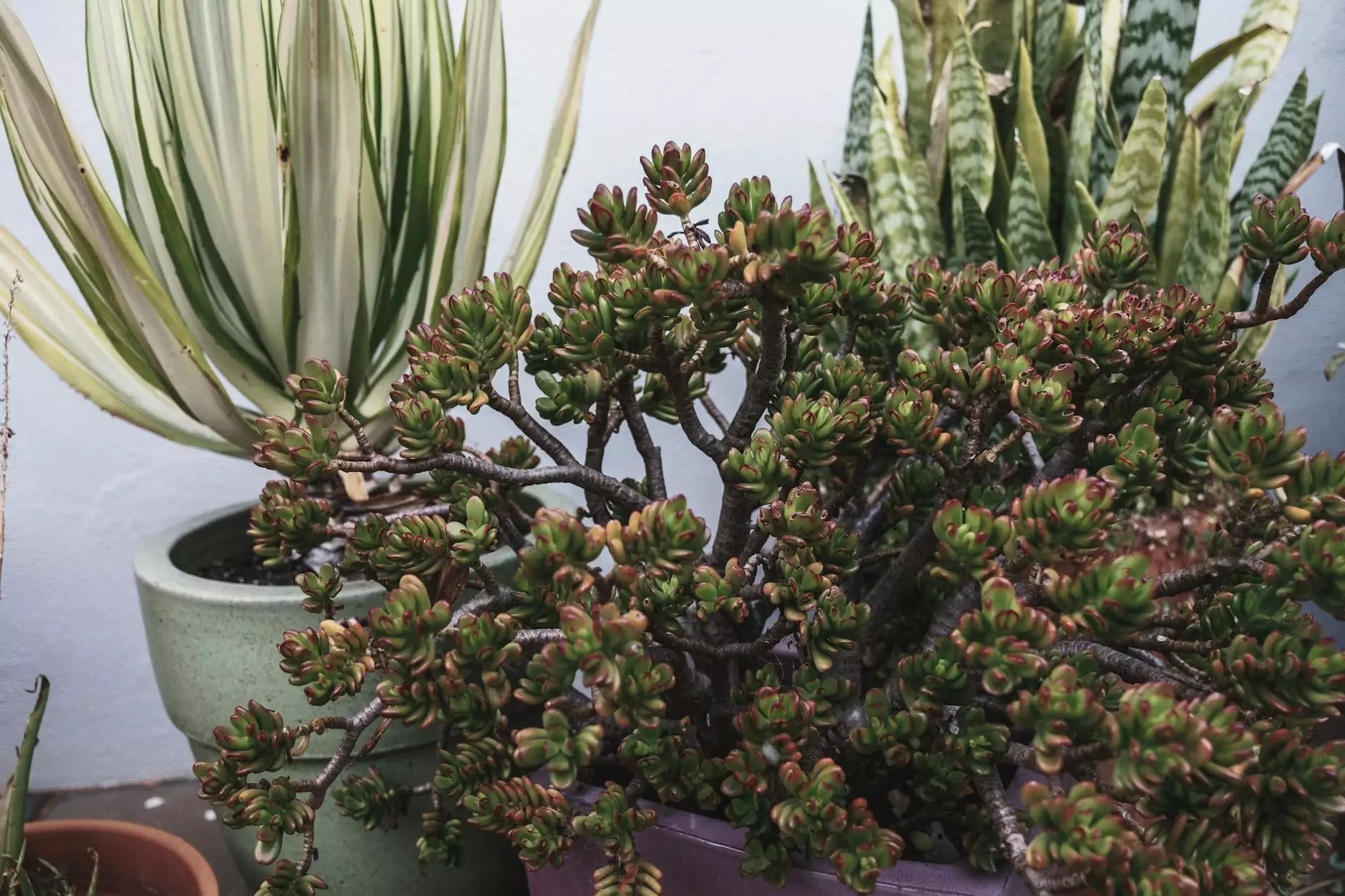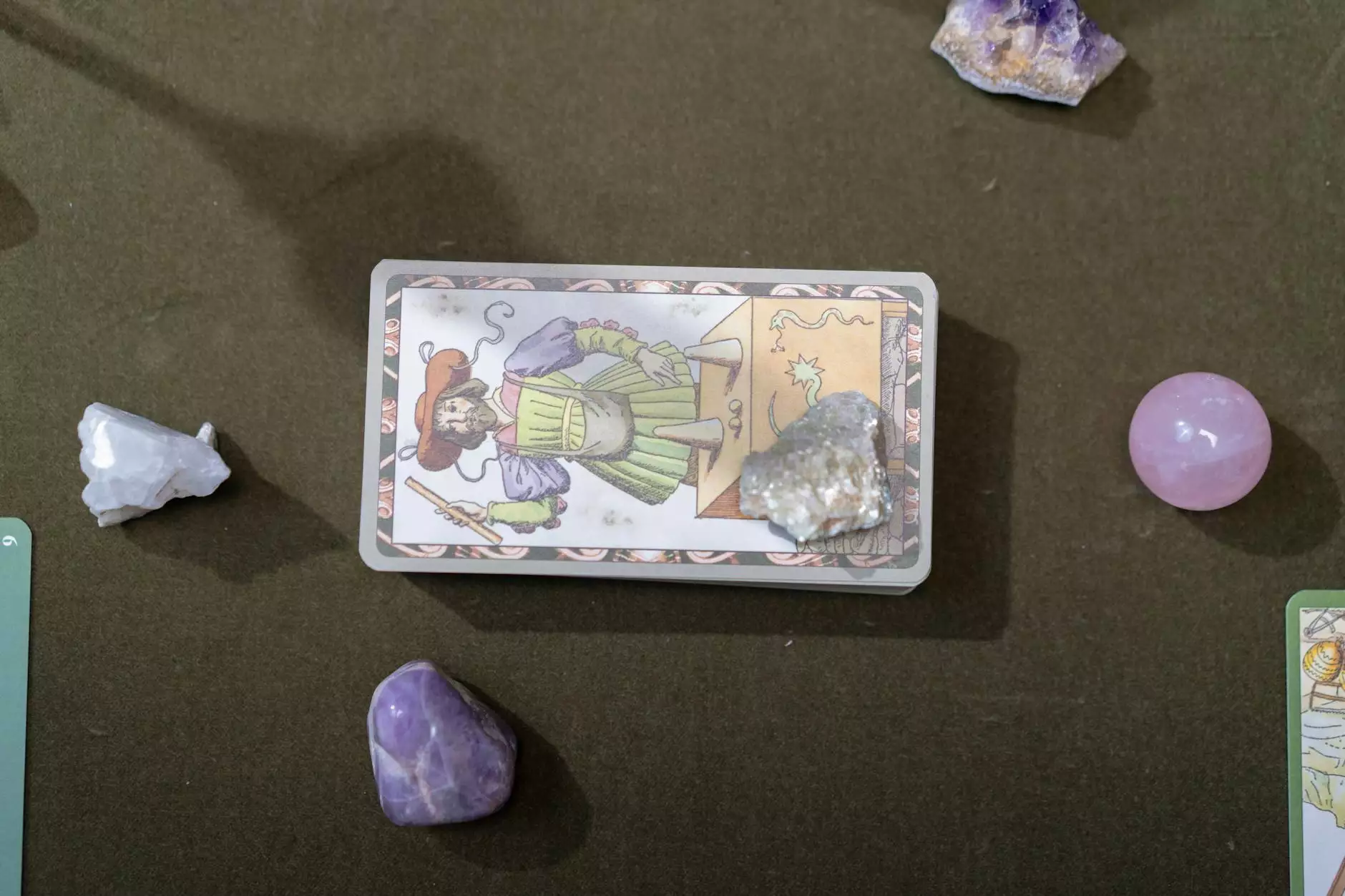The Wonders of Mimosa Root: An In-depth Explore

Mimosa root, derived from the Mimosa pudica plant, is gaining recognition in the world of herbal medicine and organic health. With its rich history in traditional practices and its modern applications, this remarkable herb has much to offer. In this comprehensive article, we will explore the benefits, uses, and insights surrounding mimosa root while discovering why it's a staple in many organic stores and herbal shops.
What is Mimosa Root?
The mimosa root comes from the Mimosa pudica, commonly known as the sensitive plant or touch-me-not. This fascinating plant is known for its unique ability to fold its leaves when touched, leading to its nickname. The root, often harvested for its medicinal properties, has been used in various cultures for centuries. It is most commonly found in tropical regions but is also cultivated in many parts of the world for its beneficial compounds.
The Historical Significance of Mimosa Root
Historically, the mimosa root has been incorporated into various traditional healing practices. Its use can be traced back to ancient Ayurvedic medicine, where it was valued for its natural calming properties. Various indigenous cultures also utilized mimosa root for its therapeutic effects, promoting mental well-being and physical health.
Benefits of Mimosa Root
The benefits of mimosa root are numerous, making it a popular choice among herbalists and health enthusiasts. Let's delve into some of the most notable advantages:
- Anxiety Relief: Mimosa root is recognized for its calming effects on the mind and body. It is often used to reduce anxiety and promote relaxation, making it a great natural remedy for stress management.
- Digestive Health: This herbal root is known to support digestive functions. It can help alleviate symptoms of indigestion and promote a healthy gut by reducing inflammation.
- Antioxidant Properties: Packed with antioxidants, mimosa root can combat oxidative stress in the body, protecting cells from damage and supporting overall health.
- Supports Emotional Balance: Some studies suggest that mimosa root may help in stabilizing mood swings and enhancing emotional well-being.
- Antimicrobial Effects: Preliminary research indicates that mimosa root has antimicrobial properties, which can help fight various infections and improve overall health.
Using Mimosa Root in Herbal Remedies
Mimosa root can be used in various forms, making it versatile for herbal applications. Here are some common methods to incorporate it into your wellness routine:
1. Tea
One of the most popular ways to consume mimosa root is by brewing it into a tea. To prepare mimosa root tea:
- Take 1-2 teaspoons of dried mimosa root.
- Add to boiling water and let steep for 10-15 minutes.
- Strain and enjoy, optionally adding honey or lemon for flavor.
2. Tincture
A tincture is a concentrated liquid form of an herb. To create a mimosa root tincture:
- Fill a jar with dried mimosa root.
- Cover the root with alcohol (like vodka) and seal the jar.
- Let it sit for 4-6 weeks, shaking occasionally.
- Strain and store in a dark glass bottle. Use a few drops daily.
3. Capsules
If you prefer a quicker method of consumption, mimosa root is available in powdered form, which can be placed into capsules. This method allows for easy intake without the need for preparation.
Where to Buy Mimosa Root
If you're considering incorporating mimosa root into your health regimen, it's essential to purchase it from a reputable source. Many organic stores and herbal shops such as mimosarootbarkstore.com offer high-quality mimosa root products. Here are some tips for buying:
- Check for Certifications: Look for products labeled as organic to ensure they are free from harmful pesticides and chemicals.
- Read Reviews: Customer feedback can provide insight into the quality and efficacy of the product.
- Avoid Artificial Additives: Opt for pure mimosa root without fillers or artificial ingredients.
Potential Side Effects and Precautions
While mimosa root is generally regarded as safe for most people, it's crucial to be aware of potential side effects and precautions:
- Consult Your Doctor: Before using mimosa root, especially if you are pregnant, nursing, or have underlying health conditions, consult a healthcare professional.
- Monitor for Allergies: Though rare, some individuals may be allergic to mimosa root. Start with a small dosage to see how your body reacts.
- Avoid Overconsumption: As with any herb, moderation is key. Overuse can lead to adverse effects, such as digestive upset.
Incorporating Mimosa Root into Your Lifestyle
Integrating mimosa root into your daily routine can be both simple and rewarding. Here are some creative suggestions:
- Morning Ritual: Start your day with a soothing cup of mimosa root tea to set a calm tone for your day.
- Evening Wind-Down: In the evening, enjoy a cup of mimosa root tea or tincture to relax before bed.
- Mindfulness Practices: Combine the tea with mindfulness practices like meditation for enhanced relaxation.
Conclusion: The Future of Mimosa Root in Herbal Medicine
As the world of wellness continues to evolve, the importance of natural remedies like mimosa root is becoming increasingly recognized. With its array of benefits, from promoting mental health to supporting digestion, mimosa root stands out as a remarkable herb worthy of exploration.
For those seeking high-quality mimosa root products, mimosarootbarkstore.com is an excellent destination to find organic and effective options. By embracing the power of mimosa root, you can cultivate a healthier, more balanced lifestyle.
Final Thoughts
Incorporating herbs like mimosa root into your daily routine may lead to enhanced health and wellness. As always, listen to your body and consult with health professionals as you explore the potential of this remarkable herb. Your journey towards better health could very well begin with a simple herb known as mimosa root!









